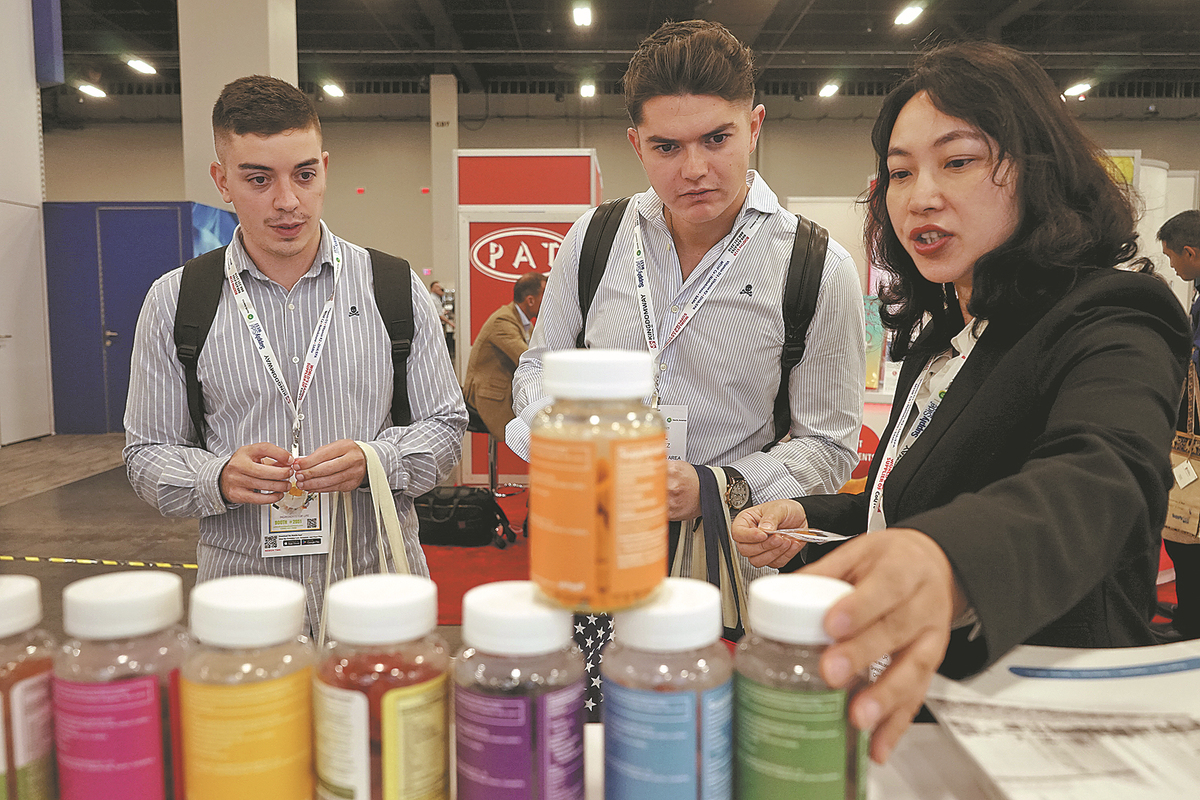California summit gives momentum for bilateral ties


Pressing priority
Xie Feng, Beijing's top envoy in Washington, said the "pressing" priority is to follow up on the summit, where the presidents discussed the right way for China and the US to get along in the new era and where they fostered a future-oriented vision.
"China always honors its words with actions," the envoy said in Washington on Dec 13. "It is important to prevent any flip-flopping and avoid making one step forward but then taking half or even two steps backward, lest it should cause new obstacles to bilateral relations."
Asked whether there was any concern about how the common agreements of the summit are implemented and to what degree, Nicholas Burns, the US ambassador to China, said he is "hopeful" they would be carried out.
"We fully intend to implement the agreements made by President Biden and President Xi," Burns told China Daily on Dec 15, a month after the summit.
"We're doing that on fentanyl, on military-to-military communications. We will do it on AI. We'll do it on people-to-people, so we fully intend to do that," he said.
Burns said he had "a good conversation" with Xie, whom he had met more than 20 times before the former vice-minister of foreign affairs headed to Washington to assume the ambassadorial post in late May.
"So we're hopeful that both sides will implement the agreements that our presidents came to; we have to trust but verify, but we're hopeful," Burns said in Washington after giving an update on US-China relations at the Brookings Institution.
At the Brookings discussion, Burns called China a "systemic rival" and said that the relationship is complicated and complex and does not lend itself to simplistic analysis because "we're competing with China".
"But we're also engaging China. And we have to engage China," he said.
Stephen S. Roach, former Morgan Stanley Asia chairman, told China Daily, "'Systemic rivals' is a conflict-prone label — not nearly as constructive as 'cooperative rivals'."
In a recent article titled "America should aim for competitive coexistence with China", Joseph Nye, a professor emeritus at Harvard University, argues that for better or worse, the US is locked in a "cooperative rivalry" with China.
Klaus Larres, professor of international affairs at the University of North Carolina at Chapel Hill, said he believed Washington and Beijing arrived at the agreements at the Filoli estate outside San Francisco in a "serious, well-meaning and honest" way and have intentions to implement them fully.
"There should be no long delays before the agreements get implemented in practice. Any delays would give rise to mutual suspicions, which should be avoided," Larres, also a fellow at the Washington-based think tank Wilson Center, told China Daily.
Larres said there was, and still is, a lot of tension, but both sides have recognized that it is ill-advised and potentially dangerous and have thus embarked on a thawing.
The trend in continuing to stabilize relations could be maintained by much better communication at all levels, senior and junior, and through much greater political transparency, more travel diplomacy and constructive dialogues, Larres said.























